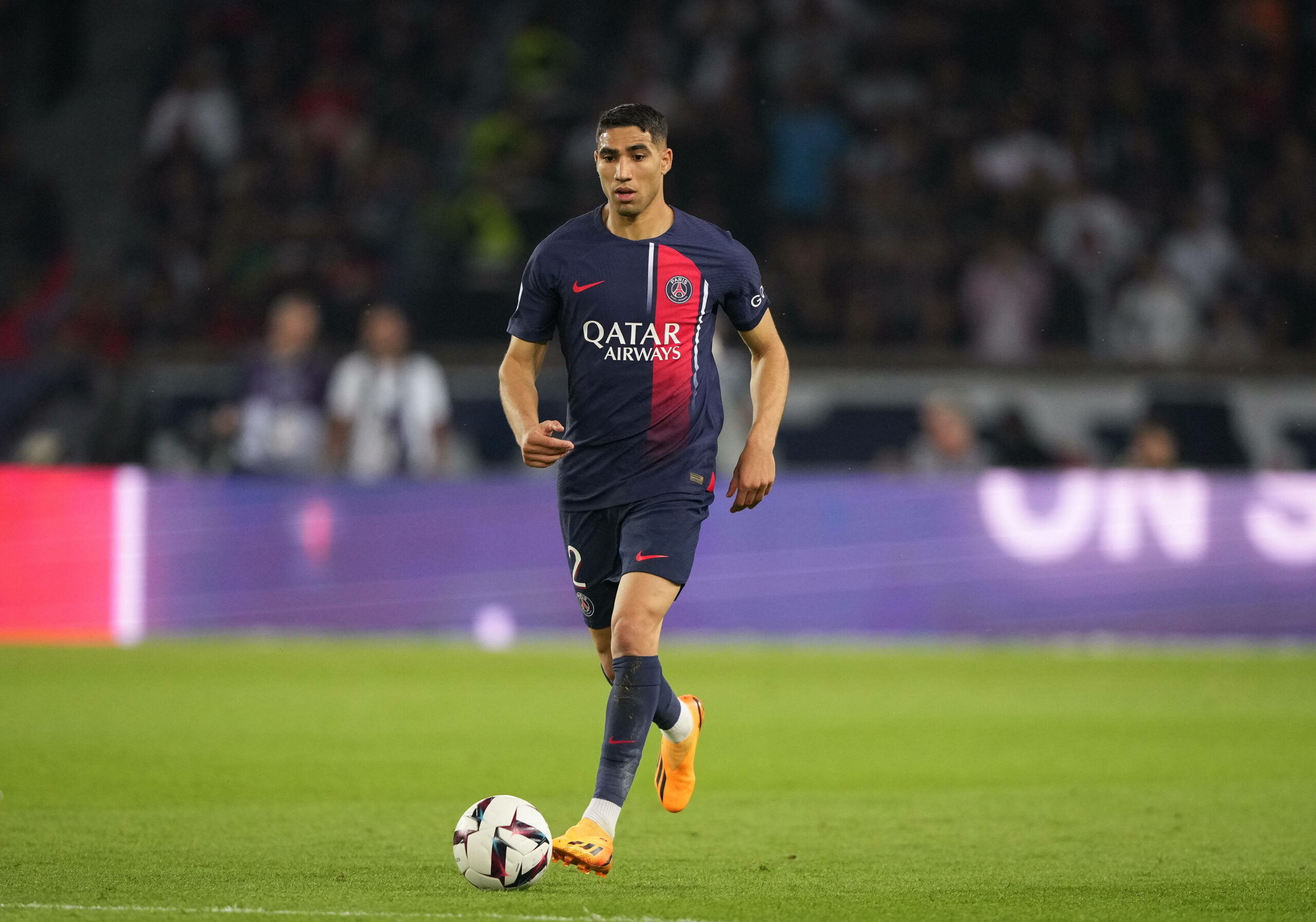How Can Real Madrid Afford Kylian Mbappé?
Real Madrid’s acquisition of Kylian Mbappé stands as one of the most monumental transfer deals in football history. This landmark signing represents the culmination of a strategic campaign led by club president Florentino Pérez, heavily influencing the club’s financial decisions over recent years. Despite joining on a free transfer from Paris Saint-Germain (PSG), the financial implications are substantial. Mbappé, 25, is set to receive a signing bonus of €150 million (£127.7m; $163m) and an annual salary of €15 million.
Madrid’s Financial Health
Despite La Liga president Javier Tebas’s rocky relationship with Real Madrid, he acknowledged in 2021 that the club is in the best financial health in Spain, managing the pandemic’s economic impact effectively. Tebas even suggested that Mbappé and Manchester City striker Erling Haaland could only realistically join Real Madrid, given Barcelona’s ongoing financial struggles.
Barcelona, plagued by financial turmoil, has been running at significant deficits. President Joan Laporta attempted to mitigate this by activating financial ‘levers,’ raising €867 million through future revenue sales. In contrast, Madrid’s financial prudence is evident. Since the 2002-03 season, the club has posted positive operating results annually, including an €11.8 million surplus for 2022-23, with total revenues rising 17% to €843 million.
Madrid’s La Liga-imposed salary budget, updated to €727.5 million, is the largest in Spain. This dwarfs the budgets of rivals Atlético Madrid (€303.4m) and Barcelona (€204m).
Prudent Spending Strategies
Madrid’s recent transfer policies highlight a savvy approach, a stark contrast to the lavish spending during Pérez’s first presidential term (2000-06). Except for the summer of 2019, when €350 million was spent—half of which on less successful players Eden Hazard and Luka Jovic—the club has exercised financial restraint.
Real Madrid has effectively balanced their books by selling young or fringe players, including Mateo Kovacic, Marcos Llorente, Theo Hernandez, Achraf Hakimi, Sergio Reguilon, Martin Ødegaard, and Borja Mayoral. Veteran players like Casemiro and Raphael Varane were also offloaded at opportune moments.

Their recent signings have been strategic, focusing on market opportunities and young talents. Notable acquisitions include Thibaut Courtois, David Alaba, Antonio Rüdiger, Jude Bellingham, Vinícius Júnior, Rodrygo, and Eduardo Camavinga.
In the last three summers, Madrid has turned a profit on player transfers. After a disappointing 2022-23 season, they invested heavily last summer, winning La Liga, the Champions League, and the Supercopa de España. Their €128 million expenditure included €103 million for Bellingham, €20 million for Arda Güler, and modest fees for Fran García and Joselu.
Wage Bill and Financial Flexibility
Madrid’s wage bill has decreased annually since 2018, following the departures of high earners like Cristiano Ronaldo, Gareth Bale, Sergio Ramos, Marcelo, and Isco. The club’s 2022-23 salary expenditure was €452.7 million, and even with Bellingham’s arrival, it decreased further in 2023-24 after Karim Benzema and Hazard left.

Currently, the club’s top earners, Toni Kroos and Alaba earn significantly less than their predecessors. With Kroos retiring and Luka Modrić accepting a reduced salary, there is ample room in the wage budget for Mbappé. Madrid’s recent financial statements from June 30, 2023, showed a cash balance of €128 million and undrawn credit facilities amounting to €265 million.
Madrid’s ratio of personnel expenditure to operating income was 49% for the 2023-24 season, well below the industry benchmark of 70%. This financial leeway allows Madrid to comfortably accommodate Mbappé’s substantial signing bonus and salary.
The Bernabéu Stadium Rebuild
Remodelling the Santiago Bernabéu has been a long-term goal for Pérez, aiming to modernise the iconic stadium. Originally intended to cost €30 million, the project now includes a futuristic ‘silver skin’ and a retractable pitch, bringing the total to at least €1.4 billion.
Madrid secured €1.17 billion in external funding, with loans of €575 million in 2019, €225 million in 2021, and €370 million in 2023, at favourable interest rates between 1.53% and 3%. Pérez assured club members that the repayments, amounting to €60 million annually, would be offset by increased revenues from matchdays, sponsorships, and non-football events like concerts. Taylor Swift’s recent sold-out shows at the Bernabéu generated an estimated €5 million, exemplifying the stadium’s revenue potential.
Complex Financial Deals and UEFA Regulations
Madrid’s financial manoeuvres also include deals with U.S. private equity firm Providence Equity Partners and stadium management specialists Legends. These arrangements, akin to Barcelona’s financial ‘levers,’ provided Madrid with upfront capital in exchange for future income shares. Madrid received €200 million from Providence in 2017, renegotiated in 2021 for an additional €50 million, running until 2027. In May 2022, a deal with Sixth Street and Legends brought in €360 million, to be repaid with 30% of stadium-based revenue (excluding season tickets) over 20 years.
While these deals bolster Madrid’s financial flexibility, UEFA’s scrutiny remains a concern. UEFA fined Barcelona €500,000 for similar practices, as profits from these deals are not considered relevant income under its regulations. Although Madrid avoided sanctions, UEFA’s interpretation could affect their future accounts.
Future Prospects with Mbappé
Despite these complexities, registering Mbappé with La Liga for the 2024-25 season should pose no issues. His arrival would elevate the league’s profile globally, pleasing Tebas. However, Mbappé’s significant earnings might influence future negotiations with other stars like Vinícius Júnior and Bellingham.
Real Madrid’s long-term strategy, encompassing savvy transfers, wage management, and stadium investments, positions them favourably. With a new galáctico in Mbappé and the revamped Bernabéu, Madrid is poised to continue its dominance on and off the pitch.


